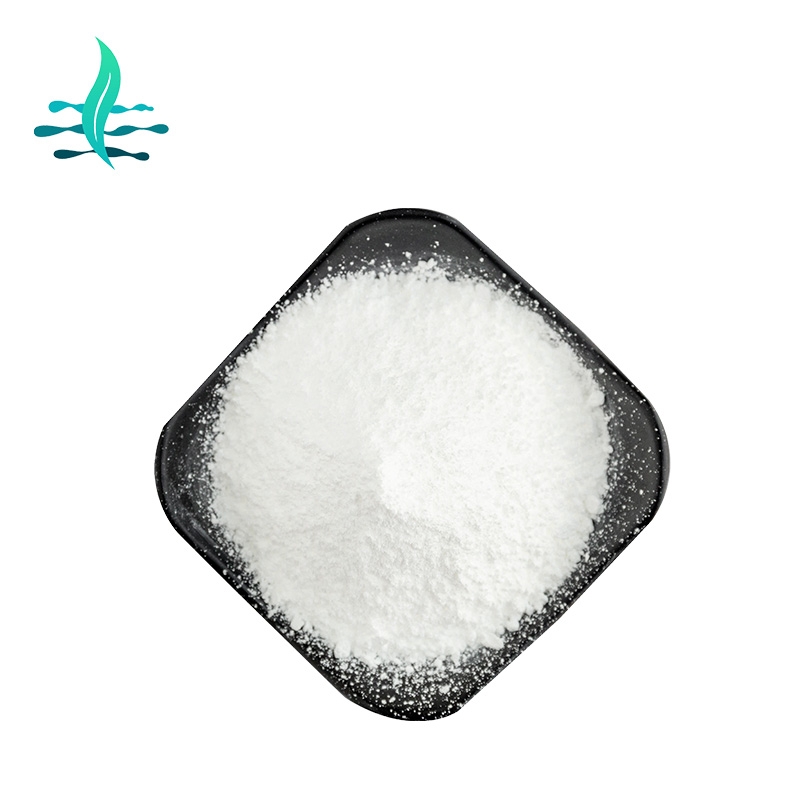-
Categories
-
Pharmaceutical Intermediates
-
Active Pharmaceutical Ingredients
-
Food Additives
- Industrial Coatings
- Agrochemicals
- Dyes and Pigments
- Surfactant
- Flavors and Fragrances
- Chemical Reagents
- Catalyst and Auxiliary
- Natural Products
- Inorganic Chemistry
-
Organic Chemistry
-
Biochemical Engineering
- Analytical Chemistry
-
Cosmetic Ingredient
- Water Treatment Chemical
-
Pharmaceutical Intermediates
Promotion
ECHEMI Mall
Wholesale
Weekly Price
Exhibition
News
-
Trade Service
The Applications of (3-(Carbazole-9H)Phenyl)Pinacol Ester in the Chemical Industry
(3-(Carbazole-9H)Phenyl)Pinacol ester, also known as 1-(3-Carbazole)-2-vinylnaphthalene-3-carboxylate, is an organic compound that has gained significant attention in the chemical industry due to its unique properties and versatile applications.
This compound has been widely studied and has been found to have several potential applications in various fields.
In this article, we will explore some of the most significant applications of (3-(Carbazole-9H)Phenyl)Pinacol ester in the chemical industry.
One of the most promising applications of (3-(Carbazole-9H)Phenyl)Pinacol ester is in the field of organic electronics.
Researchers have found that this compound can be used as a building block for the synthesis of organic semiconductor materials.
These materials are highly sought after in the field of organic electronics as they offer several advantages over traditional inorganic semiconductors.
Organic semiconductors are flexible, lightweight, and can be easily processed from solution, which makes them ideal for use in wearable electronic devices, smart textiles, and other flexible electronics.
Additionally, organic semiconductors are also often cheaper to produce than their inorganic counterparts, making them an attractive option for large-scale production.
Another promising application of (3-(Carbazole-9H)Phenyl)Pinacol ester is in the field of organic photovoltaics.
Researchers have found that this compound can be used as a donor material in organic photovoltaic cells.
Organic photovoltaic cells are advantageous over traditional inorganic solar cells as they are lightweight, flexible, and can be easily produced in large scales.
Additionally, organic photovoltaic cells can be designed to absorb a wider range of the solar spectrum, which can increase their efficiency.
(3-(Carbazole-9H)Phenyl)Pinacol ester is also showing promise in the field of organic light-emitting diodes (OLEDs).
OLEDs are used in a wide range of electronic devices, including smartphones, televisions, and lighting, due to their high efficiency, long lifespan, and thin, flexible nature.
Researchers have found that (3-(Carbazole-9H)Phenyl)Pinacol ester can be used as a host material in OLEDs, which could improve their efficiency and lifespan.
(3-(Carbazole-9H)Phenyl)Pinacol ester has also been found to have potential applications in the field of energy storage.
Researchers have found that this compound can be used as a cathode material in lithium-ion batteries, which are widely used in portable electronic devices and electric vehicles.
Lithium-ion batteries have several advantages over traditional batteries, including high energy density, long lifespan, and low self-discharge rate.
The use of (3-(Carbazole-9H)Phenyl)Pinacol ester as a cathode material could further improve the performance of lithium-ion batteries.
In addition to these applications, (3-(Carbazole-9H)Phenyl)Pinacol ester is also showing promise in the field of supramolecular chemistry.
Researchers have found that this compound can be used as a building block for the synthesis of supramolecular assemblies, which have potential applications in the field of materials science and drug delivery.
Overall, (3-(Carbazole-9H)Phenyl)Pinacol ester is a versatile compound with several promising applications in the chemical industry.
Its unique properties and ability to form a wide range of polymorphs make it






